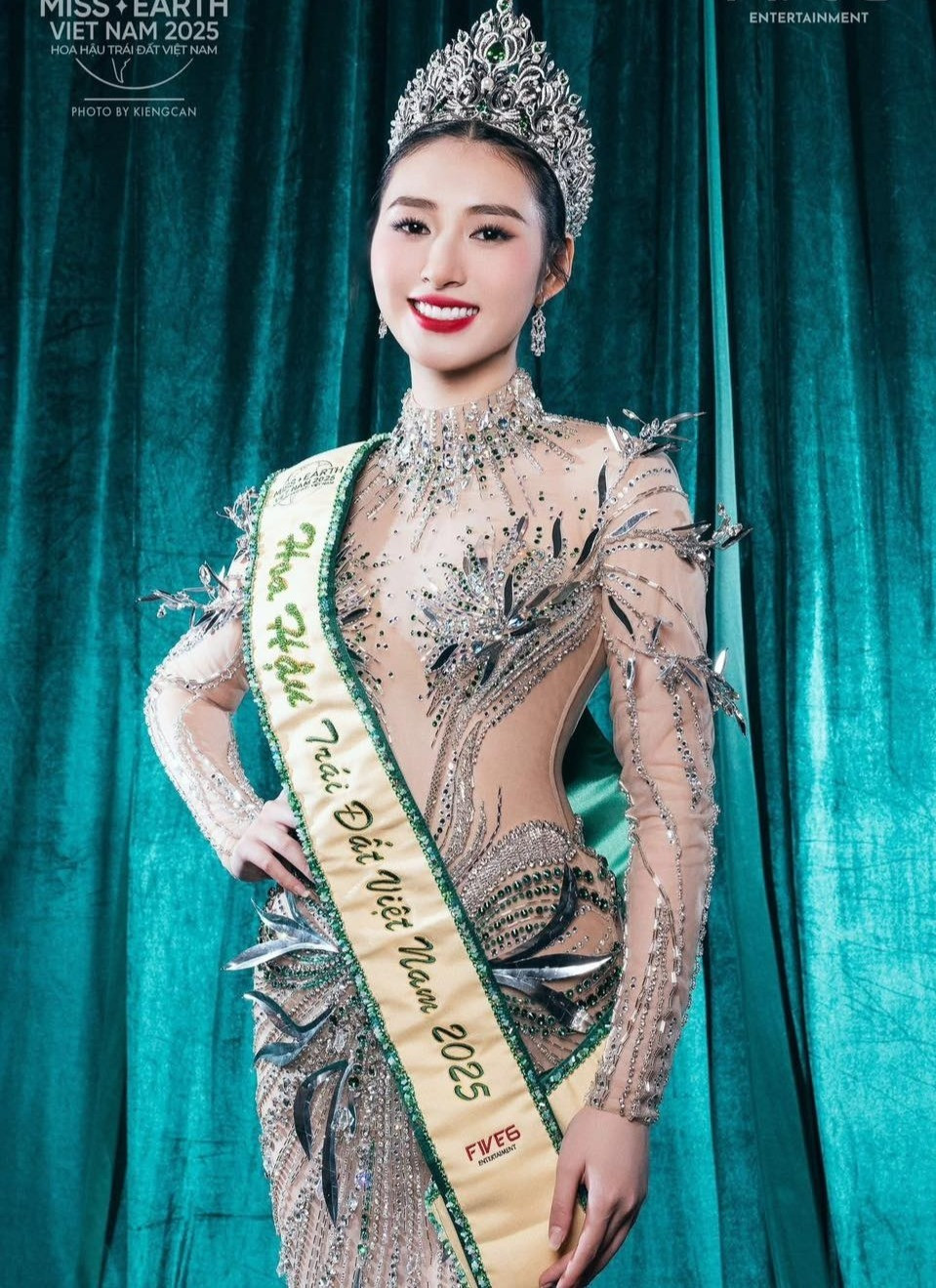Nguyen Quang Thieu, President of the Vietnam Writers’ Association, expressed deep concern over what he calls the current “overload” of beauty contests in Vietnam. He stressed the urgent need for screening and tighter regulations on such events.
“There are far too many pageants today,” he said. “Even cultural authorities and government agencies recognize the excess. Many of these competitions are unnecessary.”
Historically, both in Vietnam and globally, beauty contests aimed to honor physical and inner beauty, intelligence, kindness, and social engagement. After being crowned, a beauty queen was expected to take on humanitarian missions - protecting nature, preserving culture, promoting kindness, and standing with the vulnerable.
“These events once carried high educational and humanitarian value,” he said. “Now, Vietnam is witnessing an explosion of poorly executed pageants, some of which are downright tasteless. This certainly doesn’t benefit society in any meaningful way.”
Mr. Thieu highlighted the gap between pageant ideals and actual outcomes. While some titleholders genuinely work for the community, many others become infamous for controversial statements or scandalous personal lives.
“We shouldn’t place such lofty expectations on beauty queens if the crowned individuals themselves don’t demonstrate the awareness or actions to match,” he noted. “Few Vietnamese beauty queens have used their fame and influence to genuinely pursue good causes.”
This situation has sparked a public debate: What do these contests actually offer the public?
According to Mr. Thieu, many modern pageants serve the interests of a small group of organizers and have become more about profit than culture or education. “They’re becoming commercial ventures rather than cultural or educational experiences,” he said.
From his cultural perspective, Mr. Thieu urged the Ministry of Culture, Sports and Tourism and relevant authorities to review the regulatory framework for organizing beauty pageants. Every event must be assessed for its societal value and relevance. “If a competition doesn’t enhance cultural life, offer educational value, or promote social progress, it should be restricted - or even eliminated.”
He concluded that controlling subpar beauty contests isn’t difficult. What’s needed is a serious evaluation and clear, enforceable regulations from the managing agencies.
Tinh Le
